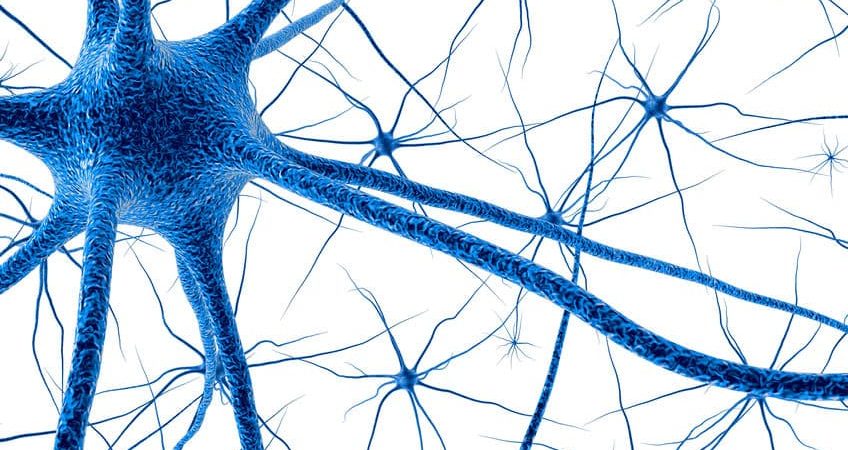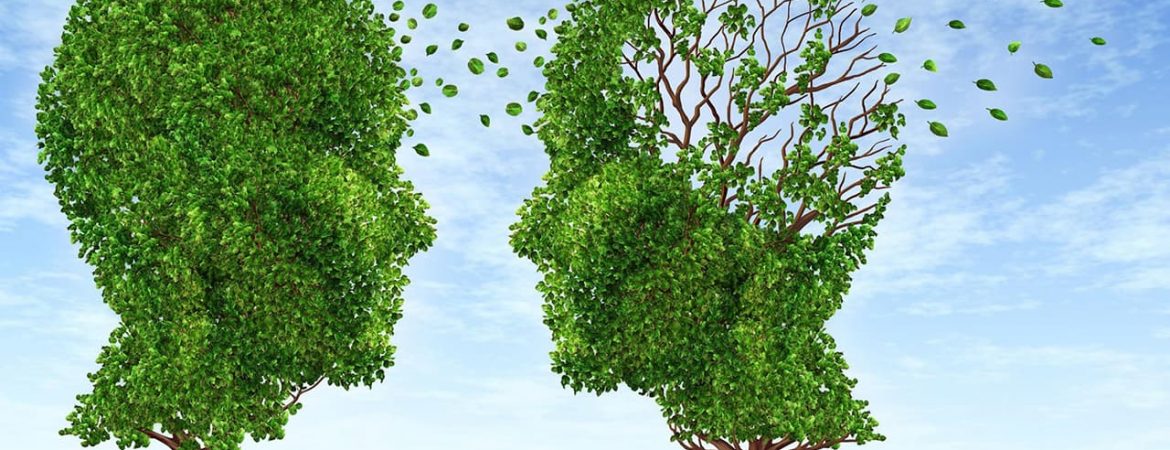Table of Contents
Introduction
Binge eating is one of the most common symptoms of Attention Deficit Hyperactivity Disorder (ADHD) – the most common neurodevelopmental disorder in the world. Whilst ADHD is characterised by the core symptoms of inattention, impulsivity and hyperactivity, studies have found that at least 20% of people diagnosed with ADHD also experience symptoms of binge eating.
It is important to also note that the relationship between binge eating and ADHD works both ways. Binge Eating Disorder (BED) is the most common eating disorder, characterised by binge eating episodes involving consuming abnormally excessive amounts of food, feeling a lack of control while eating and having a deep sense of guilt and shame towards oneself. One study has shown that 30% of patients with BED qualify for a possible diagnosis of ADHD. Moreover, around 8% of adults diagnosed with ADHD have also been diagnosed with BED.
Evidently, the relationship between binge eating and ADHD is highly comorbid and intertwined. This highlights the importance of understanding how binge eating and ADHD are related because highly comorbid disorders involve more elaborate methods of care and treatment, due to the more complex nature of the patient’s symptoms. This article will outline how ADHD and binge eating/ overeating are associated and why this relationship is important.
What is Binge Eating?
Binge Eating Disorder (BED) is a detrimental psychiatric disorder involving recurrent periods of binge-eating, as characterised by trance-like episodes of eating and consuming abnormally excessive amounts of food. Amongst all the eating disorders described in the Diagnostic and Statistical Manual of Mental Disorders (fifth edition), BED is the most commonly diagnosed, affecting around 2 to 3% of the population.
While overeating may be considered normal from time-to-time, BED involves an excessive and recurring frequency of overeating, as well as other features like a deep sense of guilt or shame and feeling a lack of control over their behaviour during a binge-eating episode. For patients of BED, this can lead to high levels of psychological distress. Unlike other eating disorders, BED does not typically involve compensatory behaviours like purging or over-exercising. Most importantly, BED does not always remain a static, life-long permanent condition. It may flux into another type of eating disorder and reverse back to the binge-eating only.
Common Symptoms of BED
Symptoms of BED can include:
- Extreme scrutiny over body weight, shape and image
- Fear of eating around others in public
- Feeling a lack of control
- Feeling a sense of disgust, shame or guilt for oneself
- Social withdrawal
- Frequent dieting
- Difficulties in concentrating
- Gastrointestinal issues
- Fluctuation in weight
What is ADHD?
Attention Deficit Hyperactivity Disorder (ADHD) is the most common childhood developmental disorder, affecting around 5% of the population. Characterized by inattentive, hyperactive and impulsive behaviour, ADHD can be diagnosed in children as young as 6 years old. Because ADHD is a developmental disorder, it typically begins in childhood and may become a long-term condition persisting into adolescence and adulthood. Thus, more than 50% of children with ADHD progress into adulthood still living with symptoms of ADHD.
People with ADHD commonly have trouble with concentrating on a task, inhibiting impulsive and hyperactive behaviour and regulating emotions. Evidently, such difficulties can be disruptive in every day life and negatively affect a person’s relationship with the people around them, with erroneous assumption that it is “all this person’s fault”.
Common Symptoms
There are 3 types of ADHD symptom presentations:
- The Inattentive type presents with difficulties in paying attention, but is not hyperactive or impulsive.
Symptoms include:
- Inability to focus or sustaining attention
- Easily distracted by unrelated stimuli
- Difficulty with organising and completing tasks
- Avoidance of tedious tasks that require sustained attentional effort
- Disorganised
- Often losing belongings
- Daydreaming
- Forgetfulness
- Poor time management
2.The Hyperactive/Impulsive type presents with hyperactive and impulsive behaviour, but does not struggle with attentiveness.
Symptoms include:
- Inability to sit or stand still
- Often fidgeting or squirming in their seat
- Talking excessively or loudly
- Interrupting others in conversation
- Intruding on others (lack of boundaries)
- Impatience
3.The Combined type involves a combination of both inattentive and hyperactive/impulsive presentations of ADHD symptoms.
4 Points on How Binge Eating is Related to ADHD
1. ADHD and Binge Eating are Highly Comorbid
It is very common for people with ADHD to experience bingeing behaviours such as overeating/binge eating. As mentioned above, 20% of people diagnosed with ADHD also experience symptoms of binge eating. Among children and young adolescents with ADHD, it has been found that 30% of this population will go on to develop BED. Furthermore, 30% of adults with BED present with a possible diagnosis of ADHD.
2. There Are Similarities Amongst ADHD and BED Symptoms
With the high rates of comorbidity between ADHD and BED, it is inevitable that the symptoms of both disorders often coincide.
A study on the associations between the symptoms of ADHD and eating behaviours in early childhood has shown that the core symptoms of ADHD like inattention and hyperactivity were positively associated with binge-eating behaviours such as emotional overeating and food responsiveness. This means that patients with ADHD who experience elevated levels of inattention and hyperactiveness were more likely to display binge-eating tendencies.
Impulsivity, another core symptom of ADHD, has also been linked to the feeling of a loss of control, often experienced by patients of BED. Interestingly, patients of BED tend to score higher on impulsivity scales. This link between impulsivity and binge-eating is suggested to be mediated by deficits in response inhibition, impulse control and executive planning, which are cognitive deficits in executive functioning – also a major impairment in ADHD.
3. ADHD and Binge Eating Have A Strong Neurobiological Basis
ADHD and BED are known to have a strong neurobiological bases, which means that they are commonly underpinned by deficits within the structure and function of the brain. To be exact, neurocognitive impairments in the parts of the brain that are in charge of executive functioning, specifically impulse control, response inhibition and attentional control, are known to underlie the deficits seen in ADHD and BED.
Neuroimaging research have indicated overlapping structural and functional abnormalities that underlie the neurocognitive impairments in ADHD and BED. These include deficits in the brain’s reward processing system, particularly with insufficient release of a chemical called dopamine. Dopamine is a neurotransmitter responsible for the brain’s reward system and is released when a person has pleasurable experiences. Deficits in dopamine release can lead to unnatural neurological pathways for immediate pleasure, leaving a person more susceptible to impulsive behaviours like substance abuse, gambling and binge eating.
4. BED and ADHD Have The Same Treatment Methods
With similar neurobiological pathways underlying the deficits seen in ADHD and BED, hte treatment methods used to effectively treat patients of BED and ADHD are similar. Specifically, healthcare providers commonly recommend pharmacological treatments like medication (i.e., stimulants like lisdexamphetamine) and psychological treatments like Cognitive Behavioural Therapy (CBT). For ADHD, medication is the most effective method of treatment. For BED, psychological treatments are more effective. Ultimately, a combination of both types of treatments are typically used to treat both binge eating and ADHD.
Conclusion
ADHD and binge eating/ BED are highly related to each other, across different aspects like its symptoms, neurobiology and treatment. Acknowledging the intertwined relationship between ADHD and binge eating allows for more efficient identification and screening of both disorders. More importantly, understanding the complexities within highly comorbid conditions like ADHD and BED will advance the diagnostic and treatment process, leading to higher chances of recovery.
References
American Psychiatric Association. (2022). Diagnostic and statistical manual of mental disorders (5th ed., text rev.). doi.org/10.1176/appi.books.9780890425787
Hilbert, A. (2018). Binge-Eating Disorder. Psychiatric Clinics of North America. doi:10.1016/j.psc.2018.10.011
Anbarasan, D., Kitchin, M., & Adler, L. A. (2020). Screening for Adult ADHD. Current Psychiatry Reports, 22(12). doi:10.1007/s11920-020-01194-9
Hurtig, T., Ebeling, H., Taanila, A., Miettunen, J., Smalley, S. L., McGOUGH, J. J., … & Moilanen, I. K. (2007). ADHD symptoms and subtypes: relationship between childhood and adolescent symptoms. Journal of the American Academy of Child & Adolescent Psychiatry, 46(12), 1605-1613. doi.org/10.1097/chi.0b013e318157517a
Svedlund, N. E., Norring, C., Ginsberg, Y., & von Hausswolff-Juhlin, Y. (2017). Symptoms of Attention Deficit Hyperactivity Disorder (ADHD) among adult eating disorder patients. BMC Psychiatry, 17(1). doi:10.1186/s12888-016-1093-1
Cortese, S., Bernardina, B. D., & Mouren, M.-C. (2008). Attention-Deficit/Hyperactivity Disorder (ADHD) and Binge Eating. Nutrition Reviews, 65(9), 404–411. doi:10.1111/j.1753-4887.2007.tb00318.x
Villa, F. M., Crippa, A., Rosi, E., Nobile, M., Brambilla, P., & Delvecchio, G. (2023). ADHD and eating disorders in childhood and adolescence: An updated minireview. Journal of Affective Disorders, 321, 265-271. https://doi.org/10.1016/j.jad.2022.10.016
Fuemmeler, B. F., Sheng, Y., Schechter, J. C., Do, E., Zucker, N., Majors, A., … Kollins, S. H. (2020). Associations between attention deficit hyperactivity disorder symptoms and eating behaviors in early childhood. Pediatric Obesity, 15(7). doi:10.1111/ijpo.12631
Steadman, K. M., & Knouse, L. E. (2016). Is the Relationship Between ADHD Symptoms and Binge Eating Mediated by Impulsivity? Journal of Attention Disorders, 20(11), 907–912. doi:10.1177/1087054714530779
Seymour, K. E., Reinblatt, S. P., Benson, L., & Carnell, S. (2015). Overlapping neurobehavioral circuits in ADHD, obesity, and binge eating: evidence from neuroimaging research. CNS Spectrums, 20(04), 401–411. doi:10.1017/s1092852915000383
Heal, D. J., & Smith, S. L. (2021). Prospects for new drugs to treat binge-eating disorder: Insights from psychopathology and neuropharmacology. Journal of Psychopharmacology, 026988112110324. doi:10.1177/02698811211032475



